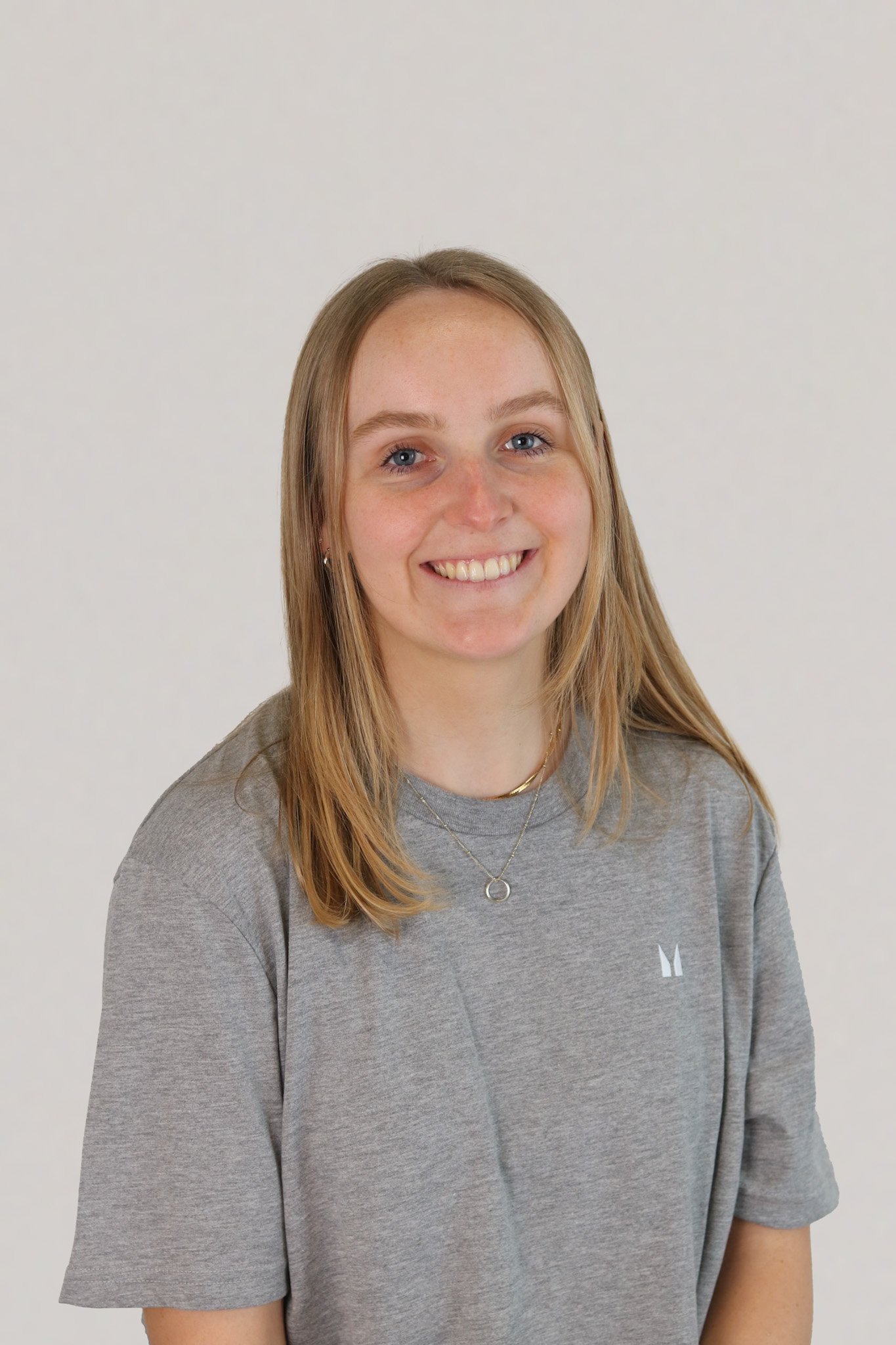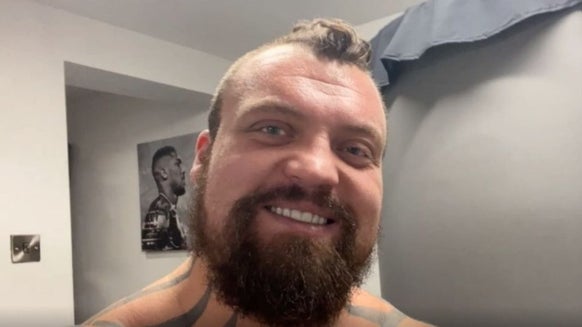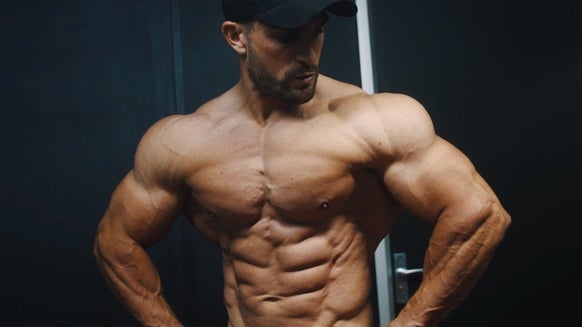Lack Of Sleep Linked To Increased Snacking

Lack of sleep has a lot to answer for already. Headaches, poor concentration and now increased snacking.

The Study
20,000 American adults aged 20-60 kept 24-hour food diaries and had their sleeping patterns tracked.
The participants were split into two groups — those who hit seven hours of shut eye and those who didn’t. Researchers analysed the participants’ snack-related nutrient intake and categorised all the snacks into food groups.
Three snacking time frames were established: 02:00-11:59 was the morning time frame, 12:00-17:59 for the afternoon, and 18:00-01:59 for the evening.
The Results
95.5% of the participants ate at least one snack a day — hats off to the willpower of the remaining 4.5%. And over 50% of snacking calories were from fizzy/energy drinks, crisps, cookies and pastries.
People who didn’t meet sleep recommendations were more likely to eat a morning snack, and the snacks chosen were high calorie with low nutritional value. It happens.
The findings did suggest lack of sleep isn’t the only cause of snacking. Staying up late is likely to make you snack too, even if sleeping an ideal amount. The advice given is to go to bed, because if you’re in bed then you’re not raiding the fridge.
Take Home Message
Consistently getting seven hours of sleep sounds like a dream come true, actually most people would probably like 10 hours. But then we might miss snack time. While you might snack more when you’ve had seven hours of sleep as long as you make sure you opt for a snack that aligns with your macros, we don’t see any harm in that.
READ MORE HERE:

'Catastrophic Harm To Health' Posed By Climate Change, Experts Warn
According to the study, climate change can even damage your lungs.

Pesticide Use Linked To Weight Gain In Mice, Study Reveals
Don't forget to wash your fruit and veg.

Exercise Improves Vocabulary Growth In Children, Study Says
Swimming had the greatest impact







